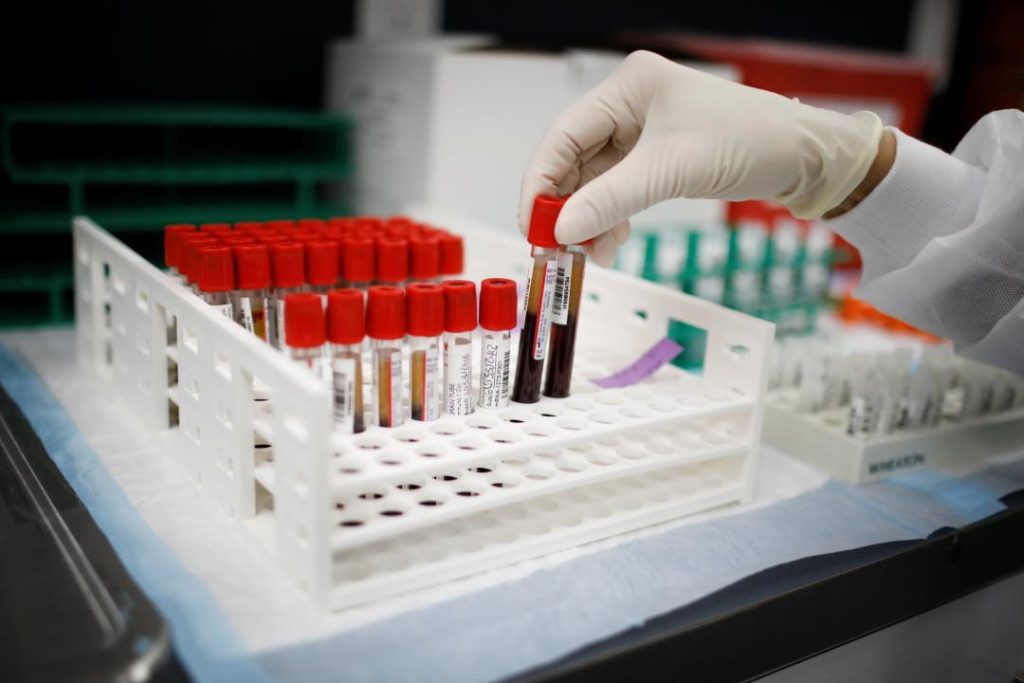
Woman Found with Blood Group Never Seen Before
In a groundbreaking discovery, France’s blood agency, EFS, has identified a French woman from Guadeloupe as the only known carrier of a new blood type called ‘Gwada negative’. This rare blood type was discovered 15 years after her sample was taken ahead of surgery. The remarkable finding marks the identification of the world’s 48th blood group system, a significant milestone in the field of blood transfusion medicine.
The discovery was made possible after the woman’s blood sample was taken ahead of surgery in 2007. The sample was stored and later analyzed using advanced DNA sequencing technology. The analysis revealed a unique combination of antigens on the surface of her red blood cells that did not match any known blood type.
The ‘Gwada negative’ blood type is characterized by the absence of certain antigens on the surface of the red blood cells. This unique combination of antigens is responsible for the blood’s incompatibility with other blood types, making it a rare and valuable discovery.
The identification of the 48th blood group system is a significant achievement for the scientific community and has far-reaching implications for the field of blood transfusion medicine. Blood transfusions are a critical component of modern medicine, and the availability of compatible blood is essential for saving lives. The discovery of the ‘Gwada negative’ blood type will help improve the matching process, reducing the risk of complications and fatalities associated with blood transfusions.
The EFS has announced that the woman’s blood sample will be stored and made available for future use, allowing scientists to study the unique characteristics of her blood type. This will enable the development of new diagnostic tests and potentially lead to the discovery of new treatments for blood-related disorders.
The discovery of the ‘Gwada negative’ blood type is a testament to the power of advanced technology and the importance of preserving and analyzing blood samples. The EFS’s decision to store and analyze blood samples for future research has led to this significant breakthrough, demonstrating the value of investing in scientific research and innovation.
The ‘Gwada negative’ blood type is not only a fascinating discovery but also a reminder of the complexity and diversity of human blood. With over 400 blood group systems identified to date, the human blood type system is a vast and fascinating field of study. The discovery of new blood types and the ongoing research into their characteristics will continue to improve our understanding of human biology and the development of new treatments for blood-related disorders.
In conclusion, the discovery of the ‘Gwada negative’ blood type is a significant achievement for the scientific community and has far-reaching implications for the field of blood transfusion medicine. The identification of the 48th blood group system is a testament to the power of advanced technology and the importance of preserving and analyzing blood samples. This breakthrough will continue to improve our understanding of human biology and pave the way for new treatments and diagnostic tests.






